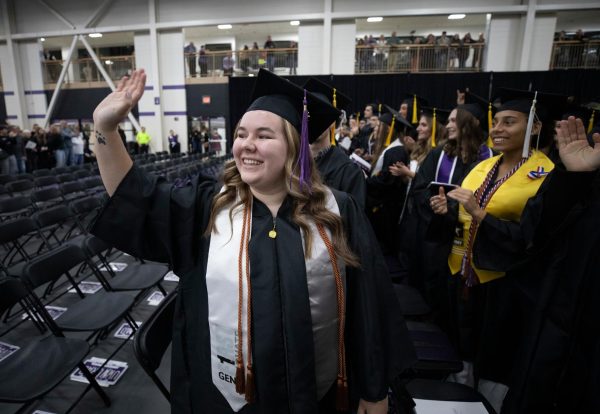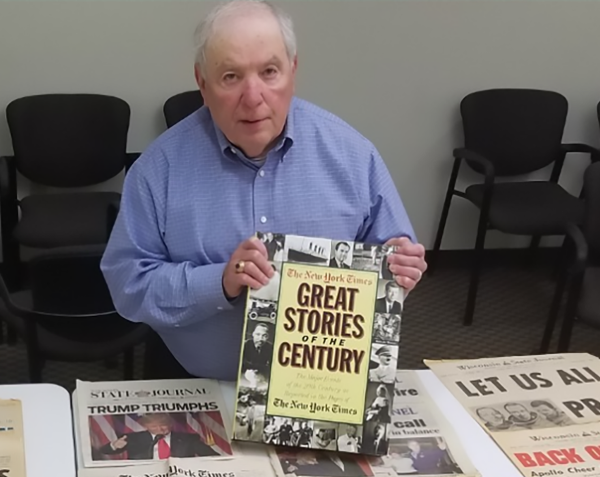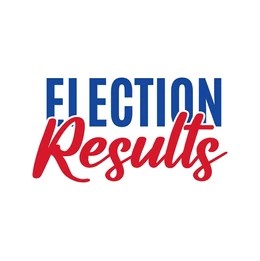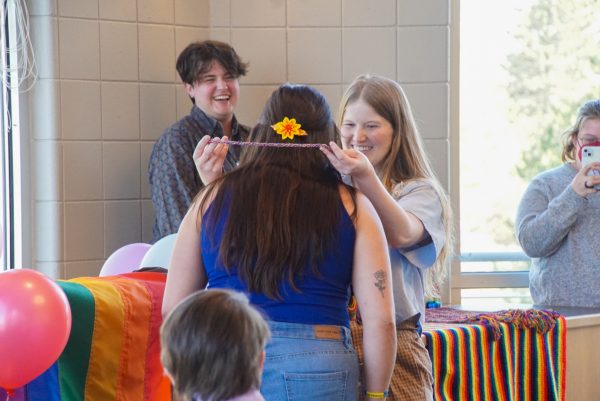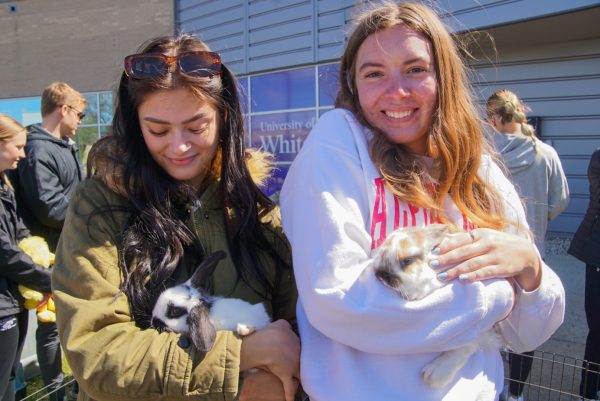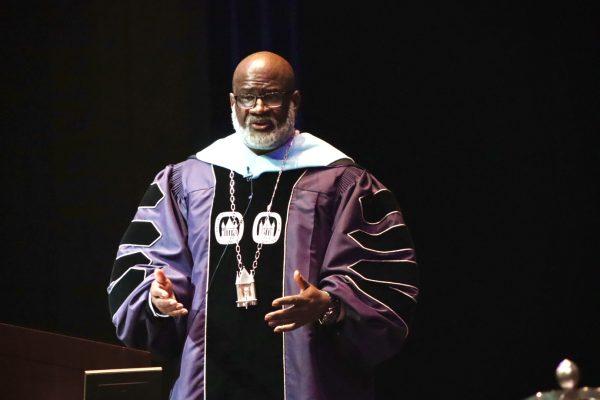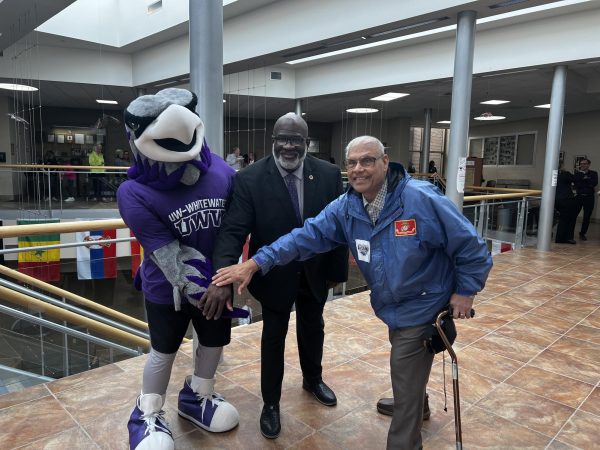GOP students, faculty speak up
December 14, 2016
Editor’s Note: *Names have been changed to protect source integrity.
In a continuation from the story “‘No matter who won, we lost’” from two editions ago, three of the many conservative voices on campus take their place in the spotlight.
The challenge to several states, leading to a recount, the protests in major cities and the disparity between the Electoral College and the popular vote have led many conservatives to feel uneasy about identifying as Trump supporters.
They are worried about the disintegration of respectful political discourse. For the two students featured, while President-elect Donald Trump would not have been their first choice out of all 17 candidates who ran for the Republican ticket, they remain hopeful he’ll put aside his “superficiality,” surround himself with good people and uphold conservative beliefs like pro-life values. One professor found himself concerned with the idea of academic freedom and the increasing trend of one-sided conversations that take place in college classrooms.
Here are their stories.
Election upset
Freshman Louisa Fredriksson has been “extremely lucky” that those living in the rooms surrounding hers on the residence hall floor had a spectrum of political views.
But on Election Night a month ago, the idea of someone on the floor voting for President-elect Donald Trump over Democratic supporting Hillary Clinton set off a scene of yelling on the second floor of Fricker Hall.
For Fredriksson, it was upsetting.
“It’s not that I was scared, but I was kind of worried that that was going to be par for the course moving forward when people had political discussions,” Fredriksson said. “I don’t want my kids to grow up someday in an environment where they feel they have to walk on eggshells because no one knows how to respectfully talk about anything anymore.”
Fredriksson, who was a third-party voter for the Constitution Party’s candidate Darrell Castle in the general election, found the primary election to be less than satisfactory, so she protested her vote during Wisconsin’s
“It’s always disappointing when you see that you had a huge pool of people, and then it came down to people that when they would debate, it was all just personal garbage that they were throwing that was so immature and childish,” Fredriksson said. “It was this generally disappointing time where everyone was voting for who they wanted to vote for, but it just didn’t seem like people were getting what they actually wanted.”
Freshman Maryah Strieter has found that her conservative beliefs have been kept under-wraps throughout the election – to roommate has no idea about her political ideologies.
Right after the election, she logged onto Facebook to see statuses and commentary of friends who “wanted to kill anyone who voted for Trump.”
The post-election reactions made her glad to head home that weekend. While her parents knew that she could hold her own, they still worried about her after hearing news reports of college students getting “nasty,” Strieter said.
“I said, ‘OK, I’m not going to say anything, because this is kind of terrifying,’” Strieter said.
Pro-life positions
Strieter grew up in a conservative household, but she insisted on developing her own beliefs.
She found affirmation through her Catholic religion. As an adult, while being pro-life isn’t the only principle she votes on, it plays a big part.
“I think I would be [pro-life] even if I wasn’t Catholic,” Strieter said. “We appreciate life from birth to natural death … it’s always weirded me out that the government protects eagle eggs, but doesn’t protect a child when they’re conceived.”
It’s a big reason why the idea of casting a vote for Clinton didn’t feel morally right for her, Strieter said. Strieter believes in the right of women to make choices for their bodies, but she says that once a child is conceived, “it’s not only her body in question.”
Fredriksson’s pro-life beliefs are also rooted in the combination of growing up in an ideologically conservative household (with liberal tendencies in her extended family to provide a “good mix” of ideas) and being a member of the Catholic faith. Like Strieter, being Catholic led to affirmation of her pro-life beliefs.
“They kind of went hand-in-hand, and developed with each other,” Fredriksson said.
Fredriksson hopes Trump is telling the truth about his pro-life stances despite having been on record as pro-choice in years past.
“I really hope and pray that that’s accurate, because I know for some people, that their one issue and that’s why they voted for him,” Fredriksson said. “If he can hold onto that and lose that big bully aspect, I think he can really do a lot of good things in this country.”
In the classroom
Associate professor in the College of Letters and Sciences Edward Burnham* has found himself more emotionally invested in this year’s campaign cycle because of what it meant for academic freedom and the politics of higher education.
As a conservative, Burnham says he feels the concept of academic freedom has been “distorted.”
“When we talk about academic freedom, I feel the rights of students has been compromised,” Burnham said. “Over the past couple of decades, I feel classrooms in universities have been used to promote particular political agendas at the expense of learning, and serious debates and arguments … it’s a concern to me that this wonderful system of higher education that we have has been misused and exploited for political gain.”
In regards to student’s rights, UW-Whitewater’s governance groups use a system of shared governance concerning certain policy decisions impacting the university.
Burnham acknowledges that a large majority of faculty in the social sciences tend to hold liberal views – that’s not necessary a problem, he says – but the result is that “students lack an accurate portrayal of competing perspectives” that makes it impossible to have a good discussion.
Burnham says the current campus environment where conservative ideologies are “shouted down” cultivates a climate where there are “right ideas” and “wrong ideas.”
“There’s right now a culture of fear in students,” Burnham said. “I think we’ve seen enough instances where reprisals for espousing certain views … It’s the very existence of those ideas that people are finding offensive. The rise of things like microaggressions; I think those can really be exploited and can be used to silence a growing minority on campus.”











